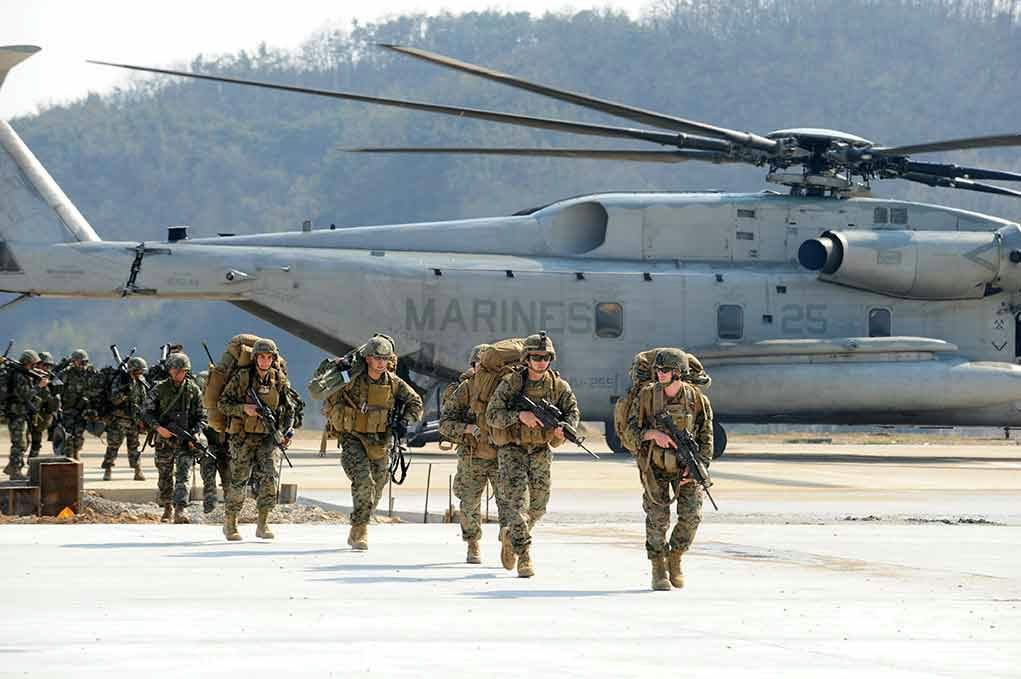President Trump’s decision to arm nearly 2,000 National Guard troops for patrols in Washington, D.C. marks a watershed moment in restoring order, but also ignites fierce debate over federal power and local autonomy in the heart of the nation.
Trump Administration Arms National Guard Troops in D.C. to Combat Crime
On August 22, 2025, Defense Secretary Pete Hegseth signed an order authorizing nearly 2,000 National Guard troops to carry weapons on the streets of Washington, D.C. This unprecedented step follows President Donald Trump’s August 11 declaration of a citywide crime emergency and the activation of 800 Guard members. The administration frames the move as necessary to restore public safety and deter lawlessness in the nation’s capital, a city with a unique federal status granting the President direct authority over its Guard units.
Troops, previously unarmed and stationed at key government facilities, are now preparing for armed patrols in neighborhoods identified as high-risk for violent crime. The deployment, which includes Guard personnel from South Carolina, West Virginia, Ohio, Mississippi, Tennessee, and Louisiana, is coordinated with D.C. Metropolitan Police and federal law enforcement partners. While the Pentagon has not clarified whether live ammunition will be issued, officials emphasize that arming will align with mission objectives and existing training standards.
Federal Authority vs. Local Control: Tensions Rise in the Capital
The Trump administration’s crackdown has deepened longstanding tensions with D.C. Mayor Muriel Bowser and the city’s local government. Mayor Bowser, alongside several city officials, has publicly criticized the deployment—labeling it both unnecessary and politically driven, especially as recent city data reportedly shows declining crime rates. However, the administration maintains that decisive federal action is warranted given persistent public safety concerns and what it views as local leaders’ reluctance to enforce the law aggressively.
Unlike in states, where governors control National Guard units, the President alone holds this authority in the District of Columbia. This dynamic leaves local officials with limited means of opposing federal directives, underscoring the unique power balance in the capital. Interagency coordination has become increasingly complex and politically charged, as local law enforcement now works alongside out-of-state Guard personnel under federal command.
Setting New Precedents: Constitutional and Civil-Military Questions
This is the first major arming of National Guard troops for law enforcement patrols in Washington, D.C. since the unrest of 2020. While previous deployments—such as those during the George Floyd protests and the aftermath of January 6—featured unarmed or minimally armed troops with restricted engagement rules, the current mission shifts the Guard’s role from crowd control to proactive, armed patrols.
Legal scholars and security analysts highlight the gravity of this precedent. Some warn that it blurs the line between military and law enforcement functions, potentially undermining civil liberties. Others contend that the move is justified by the federal government’s responsibility to ensure national security and public order in the seat of American government. Regardless, the debate has reignited concerns about the militarization of domestic policing and the potential for escalation during civilian encounters.
Implications for Public Safety, Civil Liberties, and the Conservative Agenda
Supporters of the administration’s actions argue that visible, armed Guard patrols will act as a powerful deterrent against crime and signal a return to law and order after years of perceived leniency. The move resonates with Americans frustrated by prior policies that failed to curb criminal activity and respected constitutional principles only selectively. However, critics—both local and national—argue that these measures erode civil-military boundaries and risk escalating confrontations, potentially undermining the very freedoms the Guard is sworn to protect.
National Guard members on D.C. streets for Trump's crackdown will soon be armed, Pentagon says https://t.co/kSiWpRCmLG
— The Washington Times (@WashTimes) August 22, 2025
Long-term, the deployment sets a precedent for federal intervention in local law enforcement, especially in cities seen as resistant to robust policing. Economic and social impacts could include reduced business activity and heightened polarization over who should control public safety in America’s urban centers. As the Trump administration forges ahead, the nation watches closely, weighing the necessity of strong action against the enduring values of limited government and accountable authority.
Sources:
Hegseth, senior DoD officials pay visit to Guardsmen at DC Armory
Hegseth authorizes National Guard to carry arms in Washington as Trump declares crime emergency

